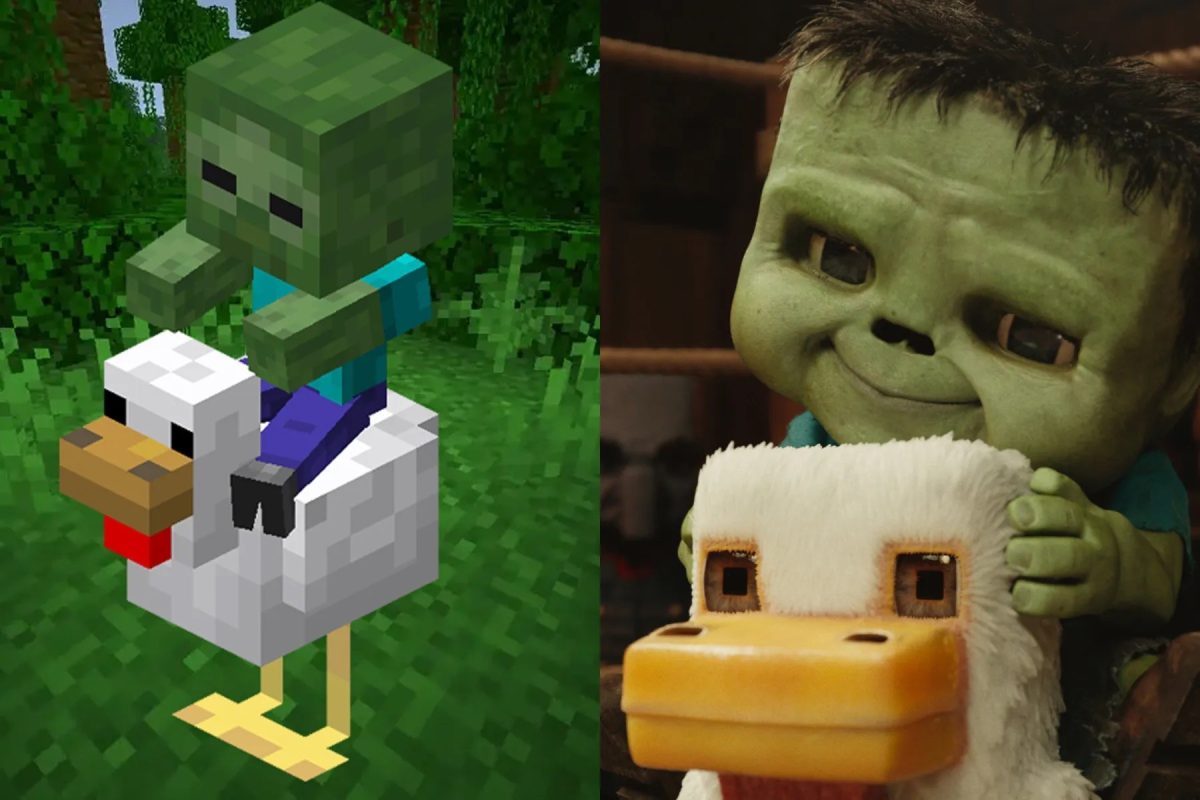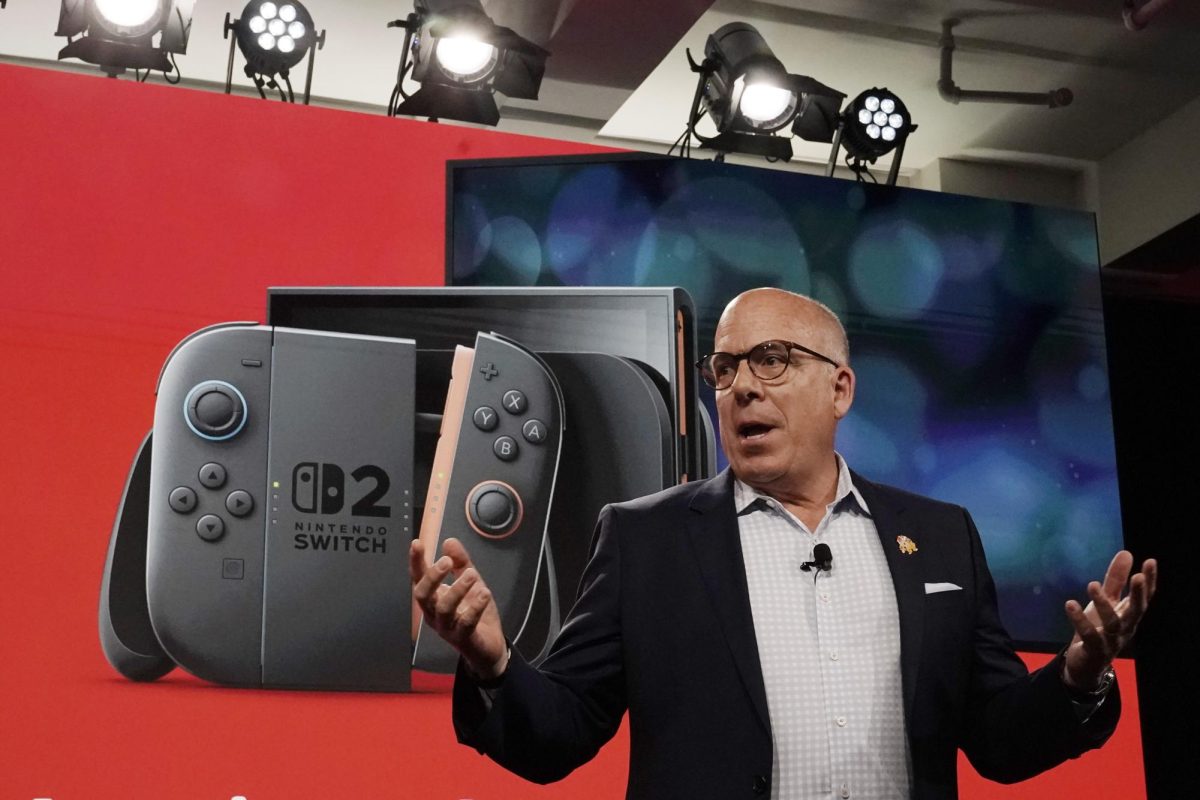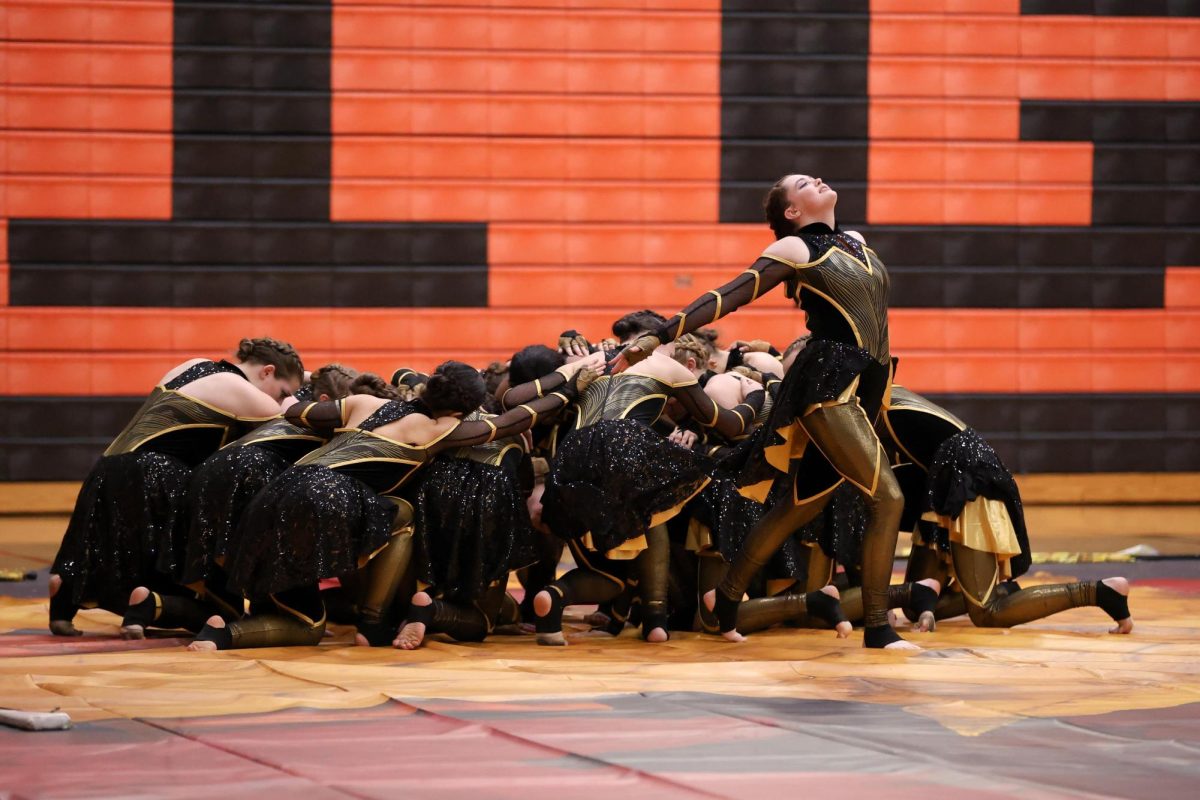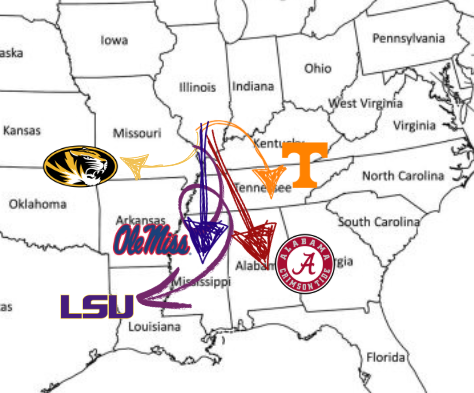Pitch the Plastic
December 6, 2018
With more and more plastic entering our oceans, maybe we should change the name of fishing to plasticing.
According to a CNN news story, nearly eight million tons of plastic waste makes its way into oceans and other waterways every year. And it is estimated that by the year 2050, there will be more plastic than fish in the sea.
Much of this plastic waste is from the use of plastic straws. Every day, Americans throw away around 500 million plastic straws, according to Strawless Oceans.
But why is so much plastic a problem?
According to the Plastics Pollution Coalition, “Every bit of plastic that has ever been created still exists, including the small amount that has been incinerated and has become toxic particulate matter.”
These small bits of plastic, also known as micro plastics, act like sponges absorbing chemical compounds like PCB and DDT that are in the water. These chemical compounds are then eaten by sea animals, causing internal injuries and death.
In a recent study conducted by the UGA New Materials Institute, scientist discovered that 100 percent of turtles studied were found to have eaten plastic.
Due to these negative effects, major companies have been taking steps to help combat excessive use of plastic. The Walt Disney Company announced that they would eliminate single-use plastic straw and stirrers in all their locations by mid 2019.Starbucks made a similar statement saying they would transfer to a new type of lid which will eliminate almost 1 billion straws per year.
Even Edwardsville’s own Source Juicery has made the right choice by switching to paper straws.
“The whole shop was ready to switch over to paper straws,” senior and Source Juicery employee Lila Motley said. “Source is definitely a very eco-friendly place, so it was a natural transition.”
Motley is glad that source has made the change and hopes other businesses will follow.
“These straws are having such a terrible impact on the wildlife and it’s time to make a change,” Motley said.
Although people may complain that paper straws don’t work as well as plastic, there are other more environmentally safe alternatives.
“There are plenty of options for trash-free sipping. We all have a drawer of reusable silverware at home, so why not toss in a few reusable straws,” Nick Mallos, director of Ocean Conservancy’s Trash Free Seas program, wrote in Ocean Current blog.
These reusable straws are being made of metal, glass and bamboo. It’s a simple switch that will help our environment and protect ocean wildlife.
“I think what’s happening to the wildlife is tragic,” senior Riley Summers said. “The campaigns right now to stop using plastic straws are effective but I think more people need to change to a new material.”
Senior and environmentalist Macy Ivie is a big supporter of metal straws and has been working throughout the community to stop plastic waste.
“I’m just trying to spread awareness and support organizations like Oceana and other nonprofits that work to clean the oceans and help the animals in it,” Ivie said.











